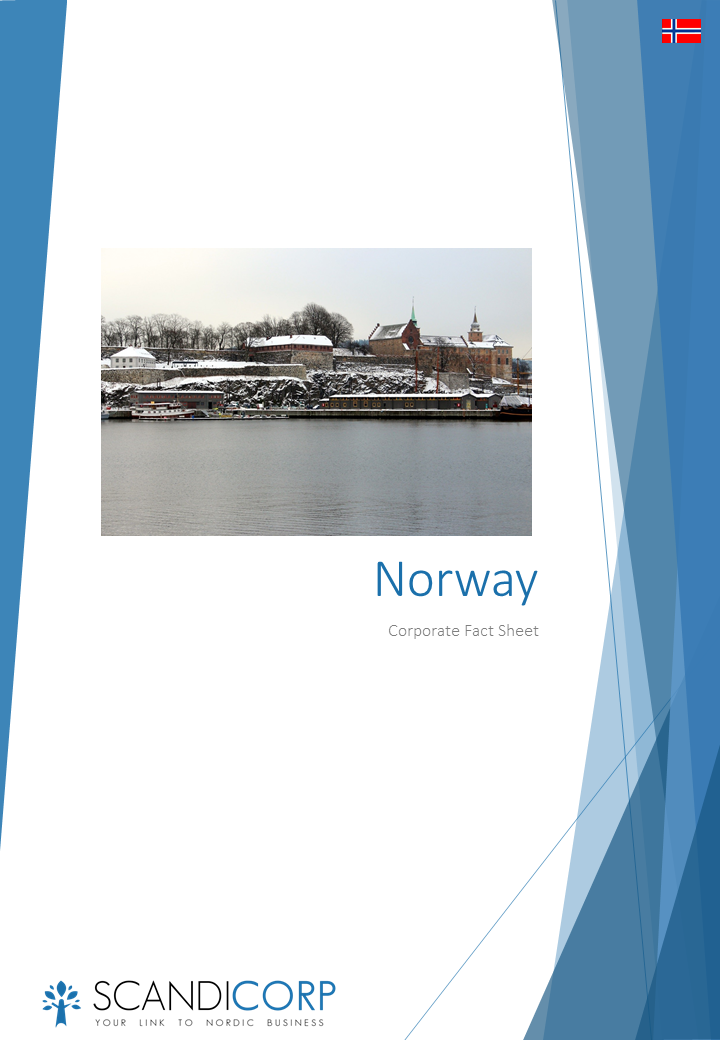Taxation and Financial Regulations for Swedish Startups
Sweden is one of Europe’s best places for startups. It’s known for innovation, technology, and business growth. But to succeed, you must understand Sweden’s tax rules and financial regulations. Getting this right early can save you from big problems later.
At Scandicorp, we help startups manage these areas so they can focus on growing their business.
Corporate Taxation in Sweden
Sweden has a flat corporate tax rate of 22%. This rate is moderate compared to many countries. Startups can also lower their effective tax through profit allocation reserves. If your company loses money, you can carry those losses forward to future years. But you cannot carry losses back to past years. Also, using old losses from companies you buy is limited.
Tax Incentives and Exemptions for Startups
Sweden offers big tax benefits for startups. Dividends and capital gains from “business-related shares” are usually tax-free. This includes:
- Unlisted shares
- Shares where you hold at least 10% of the votes for 12 months
- Shares needed for your business
There are no capital duties or stamp taxes when setting up a company. This makes starting a business cheaper and easier.
Sweden’s VAT System
VAT (Value-Added Tax) is important in Sweden. The standard rate is 25%, with lower rates of 12% and 6% for some goods and services. Most businesses must register for VAT. Filing VAT reports on time is important to avoid penalties. Scandicorp can help you with VAT registration, reporting, and filing.
Interest, Dividends, and International Taxation
In Sweden, you can usually deduct interest on external loans. But interest on loans between group companies has stricter rules. It is only deductible if the lender pays at least 10% tax.
There is no withholding tax on interest payments abroad. The standard withholding tax on dividends is 30%, but tax treaties often lower this. Sweden follows fair pricing rules between related companies and has rules to prevent tax avoidance.
Ensuring Financial Compliance
You must keep good financial records to start a business in Sweden. Companies must file yearly financial statements. Some small companies can avoid hiring an auditor.
You must register your company with the Swedish Companies Registration Office and the Tax Administration. You can keep your accounts in Swedish Krona (SEK) or Euros. English is widely used, making things easier for foreign entrepreneurs.
Practical Guidance for New Entrepreneurs
Startups must manage their finances well from the start. Working with experts helps you plan better, lower taxes, and stay compliant. Scandicorp offers full support: company setup, accounting, tax filing, registered offices, and management services. We offer a personal, simple, and effective service.
Contact Scandicorp
Sweden offers a great environment for startups, but you need to understand the tax and financial rules. Knowing about corporate tax, VAT, profit allocation, and loss carryforwards is key. Scandicorp can help you through every step. With our help, you can focus on building your business.
Contact us today to start your journey in the Nordic market.
FAQ
What is the corporate tax rate in Sweden?
The corporate tax rate in Sweden is 22%.
Are there tax exemptions for startups?
Yes. Dividends and capital gains from business-related shares are often tax-free. There are also no capital duties or stamp taxes when setting up a company.
How does Sweden’s VAT system work, and when does it apply?
The standard VAT rate is 25%. Reduced rates of 12% and 6% apply to specific goods and services. Most businesses must register for VAT when supplying taxable goods or services.
What are the rules for profit allocation and loss carryforwards in Sweden?
Startups can use profit allocation reserves to lower taxes. Losses can be carried forward indefinitely but cannot be carried back.
How can I ensure compliance with Swedish financial regulations?
Keep accurate financial records, file annual reports, and register with the Swedish Companies Registration Office and the Tax Administration. Scandicorp can help manage these requirements for you.






